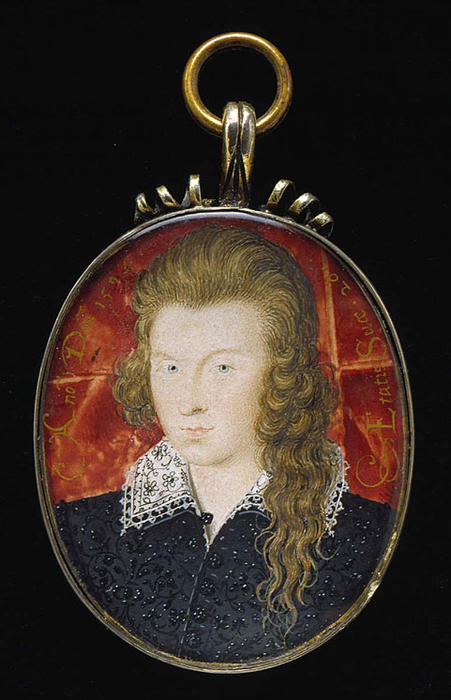…
If you are ever going to memorize a sonnet of Shakespeare, Sonnet 18 may be the one because it is beautiful to say, easy to understand, and anyone with just a little practice can communicate it. Sonnet 18 is one of the sonnets written to a young man who may have been Henry Wriothesley, 3rd Earl of Southampton. Was it an Elizabethan conceit or was Shakespeare really smitten? The Earl was a supporter and Shakespeare dedicated Venus and Adonis and The Rape of Lucrece to him. His life had its dramas, court intrigue, imprisonments, and a near beheading; so this romantic man from this romantic time could easily be the object of this romantic sonnet, I have no doubt.
In the Vimeo below, Sir John Gielgud reads Sonnet 18. Enjoy.
Sonnet 18
Shall I compare thee to a summer’s day?
Thou art more lovely and more temperate:
Rough winds do shake the darling buds of May,
And summer’s lease hath all too short a date:
Sometime too hot the eye of heaven shines,
And often is his gold complexion dimm’d;
And every fair from fair sometime declines,
By chance or nature’s changing course untrimm’d;
But thy eternal summer shall not fade
Nor lose possession of that fair thou owest;
Nor shall Death brag thou wander’st in his shade,
When in eternal lines to time thou growest:
So long as men can breathe or eyes can see,
So long lives this and this gives life to thee.
…

Henry Wriothesley, 3rd earl of Southampton
I recorded Alfred Corn reading Sonnet 18 several years ago at the New York Botanical Gardens. Enjoy.
…
If you have the time, and it will be well spent, here is Alfred Corn reading several English Renaissance poets: Milton, Herrick, Sidney, Campion and Shakespeare.
Alfred Corn reads English Renaissance Poets
